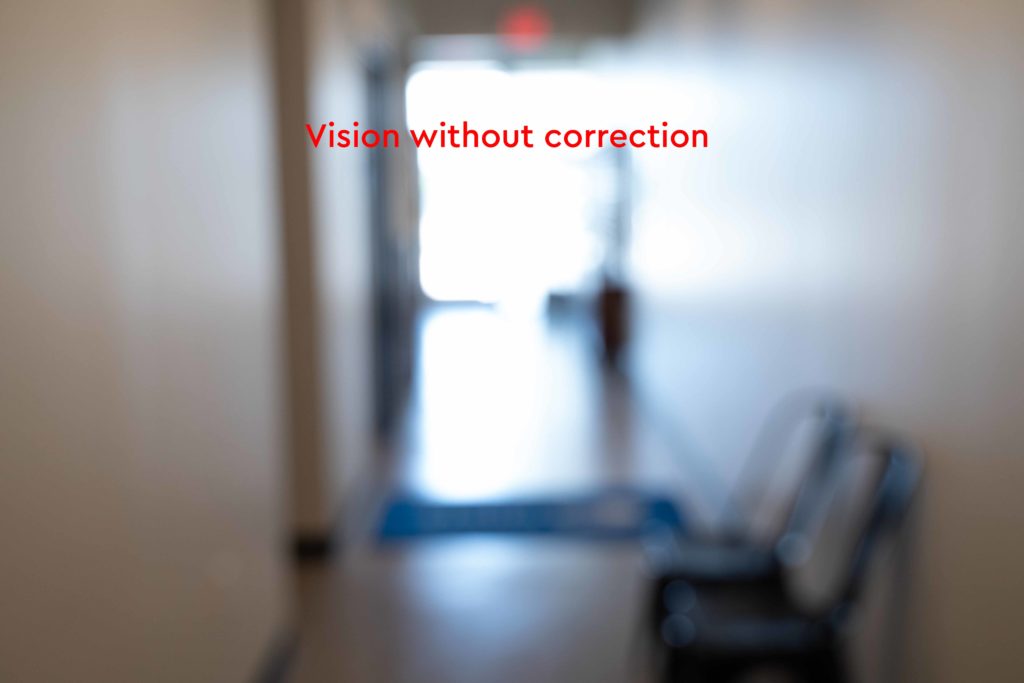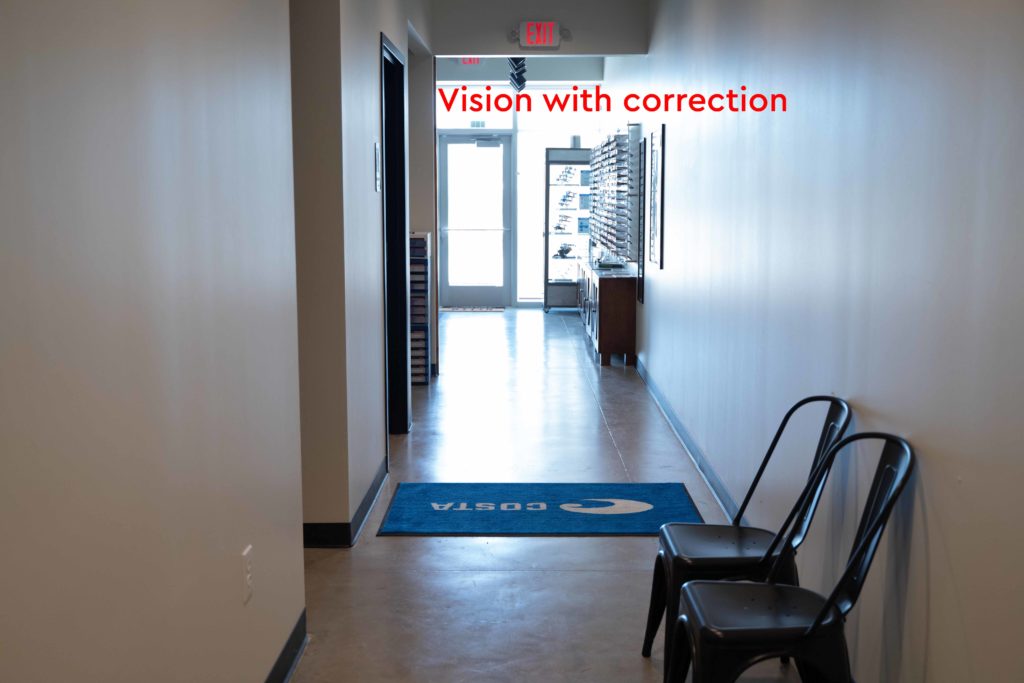Hello Parents! For this blog post, I wanted to inform ya’ll on the importance of yearly eye health examinations for your child. The number one question I get from parents I examine is, “Should I bring my child in for an eye exam?” The answer is YES!! Here at Two C Eye Care in Manvel, TX we are equipped to handle your little ones eye health examinations. I will go over the reasons why it is important to bring your child in for a pediatric eye examination.


Children do not know any better
The first and foremost reason to bring your child in for a pediatric eye exam is that the majority of the time your child will not tell you that they are having eye problems. Sometimes, children just do not know they have blurry vision, eye allergies, or any other eye related problems. When your child doesn’t complain that can lead you to believe your child does not have any eye issues and results in delaying a pediatric eye exam.
Lazy Eye (Amblyopia)
Lazy eye is an abnormal visual development that causes decreased vision. The medical term for it is amblyopia. Amblyopia can be a result of an eye turn, uncorrected refractive error, occlusive disease, and more. Strabismus is a condition where one or both of the eyes are not properly aligned, which can lead to amblyopia. Both of these conditions can successfully be treated if detected early, as I have managed many cases in the past where children have an improved vision. However if any of these conditions are left undetected and untreated early on, the consequences can be unrepairable. There are teenagers and adults who have irreversible decreased vision because of delayed correction. Treatment can be as simple as prescribing a glasses prescription. However, for more complicated cases, vision therapy or surgery is necessary for a better prognosis.
Blurry Vision
Blurry vision is another reason why parents should bring their children in for a pediatric eye exam. There are many issues other than needing glasses that can be the cause of blurry vision such as retinal diseases, optic nerve diseases, or congenital cataracts. Blurry vision is not something that all children understand because children might not know what clear vision looks like. For parents, some of the signs may be subtle and some may be very apparent. Nonetheless, it is best to bring your child in for a pediatric eye exam because an optometrist office will have the instrumentation and expertise to detect the causes of blurry vision.
Internal health
Other important reasons to bring your child in for their yearly pediatric eye exam at Two C Eye Care in Manvel, TX is to check his or her internal eye health. Disease of the retina, nerve, lens, and cornea are not uncommon and if left undetected and untreated can cause negative outcomes for your child’s visual health. Some of these eye conditions can be related to systemic health. Therefore, it is important to detect and treat ocular disease early to prevent or slow down the progression of visual impairment as well as maintain systemic health.
Signs that you should bring your child to the eye doctor
Signs that your child could be having eye related problems include:- squinting- eye rubbing- skipping lines when reading- needing to move to the front of the classroom- not being able to focus after some time at the computer or reading- frequent blinking- a head tilt
At what age should your child see an eye doctor
It is recommended to bring your child in for an eye exam at the age of one, three, before going into kindergarten, and then yearly.
Conclusion
To conclude, the main takeaway for reasons to bring your child in for his or her yearly pediatric eye exam:
- Children do not know that they have eye issues
- Untreated or delayed treatment for amblyopia can lead to permanent visual impairment
- Blurry vision can be a sign of many different causes, and if undetected and untreated can lead to poor irreversible outcomes
- Diseases of the retina, nerve, lens, and cornea are not uncommon in children and should be checked to prevent irreversible consequences
I hope this helps answer any questions you have about your child’s eye health. I look forward to seeing your child their eye health exam! If you have any additional questions, please do not hesitate to contact me through the form in the link provided. https://twoceyecare.com/contact-us/
Thanks for reading,
Dr. Cao
